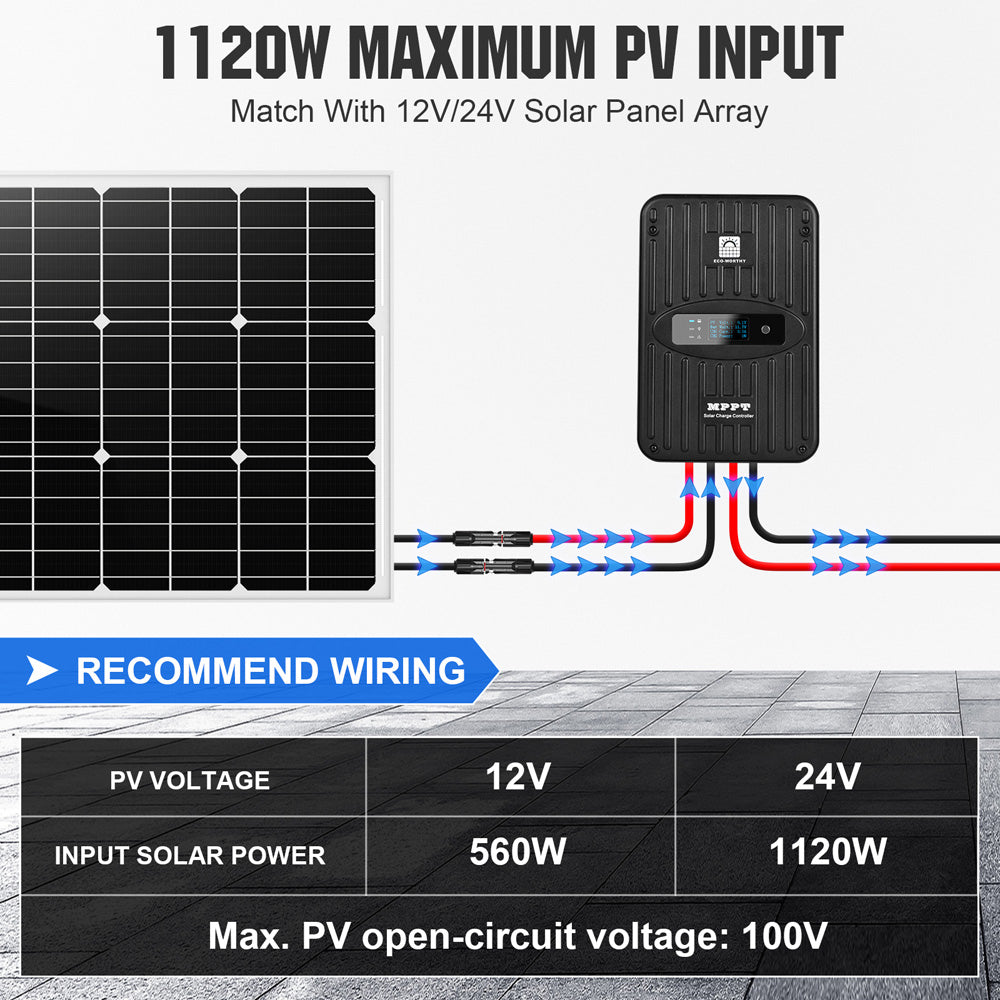In the realm of renewable energy, solar charge controllers play a pivotal role in optimising the performance of solar panel systems. But what exactly is a solar charge controller, and why is it essential for your solar energy setup? This article delves into the intricacies of solar charge controllers, highlighting their significance in enhancing solar panel efficiency.

Understanding Solar Charge Controllers
A solar charge controller is an electronic device that regulates the voltage and current coming from your solar panels to the batteries. By doing so, it prevents overcharging and deep discharging of batteries, which can significantly extend their lifespan. Without a solar charge controller, your batteries could be at risk of damage, leading to costly replacements.
Types of Solar Charge Controllers
There are two primary types of solar charge controllers: PWM (Pulse Width Modulation) and MPPT (Maximum Power Point Tracking). Each type has its unique advantages:
- PWM Controllers: These are simpler and more cost-effective. They work by gradually reducing the amount of power sent to the batteries as they reach full charge.
- MPPT Controllers: These are more sophisticated and can extract more energy from the solar panels, especially in low-light conditions. They are particularly beneficial for larger solar systems.
Benefits of Using a Solar Charge Controller
Utilising a solar charge controller offers several benefits that can enhance your solar energy experience:
- Battery Protection: By preventing overcharging, these controllers safeguard your batteries from damage.
- Improved Efficiency: They optimise the energy transfer from solar panels to batteries, ensuring maximum utilisation of solar energy.
- Longer Battery Life: With proper regulation, batteries can last significantly longer, saving you money in the long run.
Choosing the Right Solar Charge Controller
When selecting a solar charge controller, consider the following factors:
- System Voltage: Ensure the controller matches your solar panel system's voltage.
- Current Rating: Choose a controller that can handle the maximum current produced by your solar panels.
- Features: Look for additional features such as LCD displays, temperature compensation, and remote monitoring capabilities.
Conclusion
In conclusion, a solar charge controller is an indispensable component of any solar energy system. By regulating the flow of electricity, it not only protects your batteries but also maximises the efficiency of your solar panels. For those looking to invest in a quality solar charge controller, consider exploring options available at . Making an informed choice can lead to a more sustainable and cost-effective energy solution.














